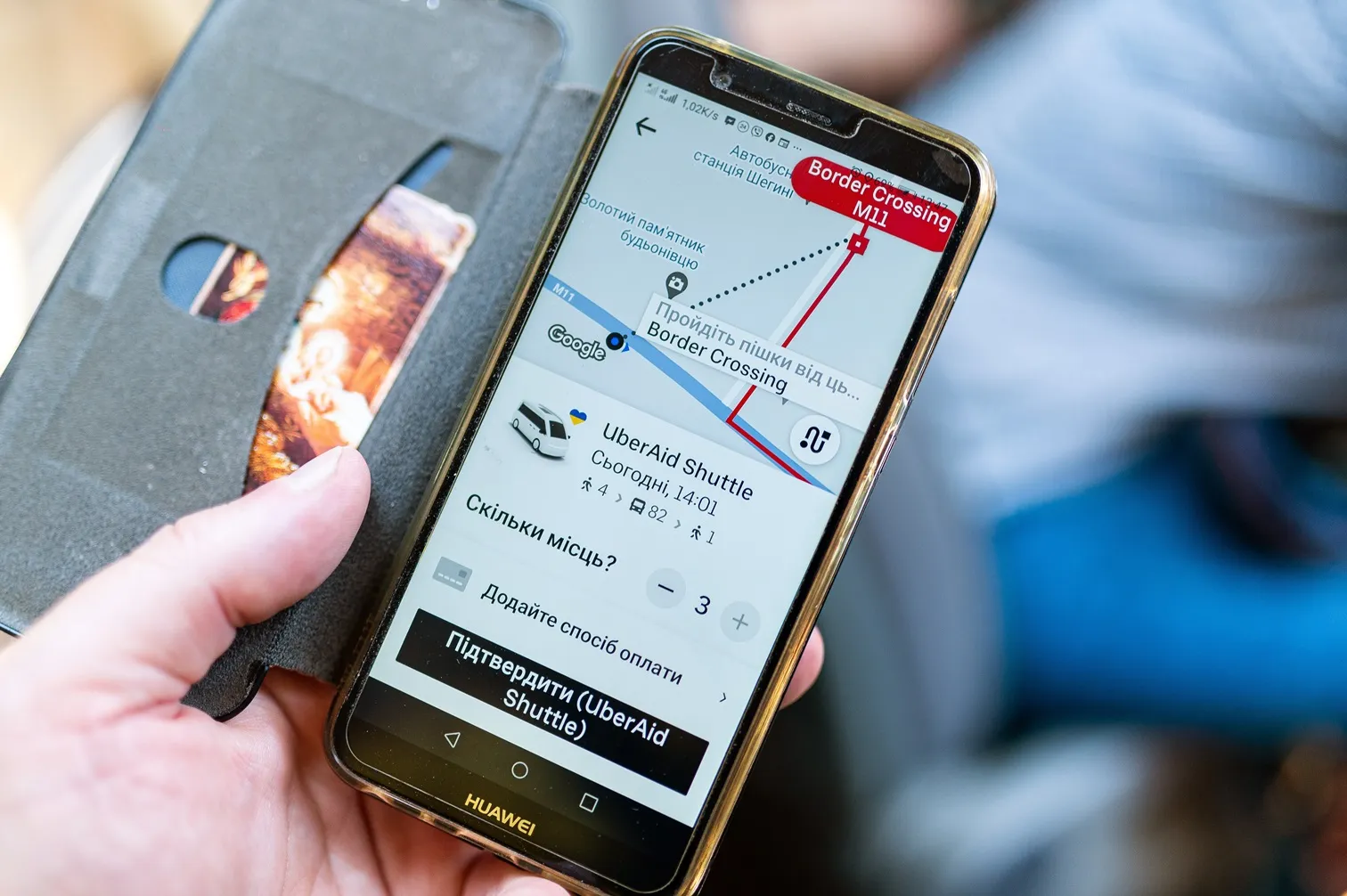Almost everyone who got behind the wheel of a heavy goods vehicle at the London Bike Show said that the experience caused them to rethink the way they cycle.
More than 850 cyclists took part in Exchanging Places run by Crossrail and the Metropolitan Police Service, which allows them to see the road from a lorry driver’s point of view and get a better understanding of what drivers can and cannot see. Most were unaware of the size of blind spots from inside the driver’s cab.
Chief Superintendent Sultan
February 21, 2014
Read time: 3 mins
Almost everyone who got behind the wheel of a heavy goods vehicle at the London Bike Show said that the experience caused them to rethink the way they cycle.
More than 850 cyclists took part in Exchanging Places run by Crossrail and the Metropolitan Police Service, which allows them to see the road from a lorry driver’s point of view and get a better understanding of what drivers can and cannot see. Most were unaware of the size of blind spots from inside the driver’s cab.
Chief Superintendent Sultan Taylor, Safer Transport Command said: “Exchanging Places is an award-winning programme which addresses the most common cause of serious injury and death to cyclists - collisions involving a heavy goods vehicle. We’re very grateful to Crossrail and to the London Bike Show for giving us the opportunity to speak to many people and pass on our tips. Our feedback shows that everyone who took part will recommend our programme to their friends - that’s a great endorsement. I’d encourage anyone who couldn’t make it to the show to watch our Youtube video.”
Steve Hails, Crossrail health and safety director, said: “The Exchanging Places programme is an important way of engaging with cyclists to raise awareness of the hazards when sharing the roads with HGVs. These events complement Crossrail’s Lorry Driver Training Programme which also ensures that drivers on the project are aware of vulnerable road users.”
The Mayor of London recently announced that lorries without safety equipment to protect cyclists and pedestrians will be banned from London. The proposed ban will require every vehicle in London over 3.5 tonnes to be fitted with sideguards to protect cyclists. The ban will also require them to be fitted with mirrors giving the driver a better view of cyclists and pedestrians around their vehicles. It will be enforced by CCTV cameras and on-street checks, subject to approval by the1837 Department for Transport.
All heavy goods vehicles delivering to Crossrail must have special cycle safety equipment and all regular drivers must attend a one day training course about vulnerable road users.
Crossrail requires heavy goods vehicles to be fitted with a Fresnel lens or camera, blind spot detection equipment which warns the driver when a cyclist is in the near-side blind spot and under-run guards to prevent cyclists from coming into contact with lorry wheels. Heavy goods vehicles must also carry signs to warn cyclists and pedestrians about the dangers of getting too close.
More than 850 cyclists took part in Exchanging Places run by Crossrail and the Metropolitan Police Service, which allows them to see the road from a lorry driver’s point of view and get a better understanding of what drivers can and cannot see. Most were unaware of the size of blind spots from inside the driver’s cab.
Chief Superintendent Sultan Taylor, Safer Transport Command said: “Exchanging Places is an award-winning programme which addresses the most common cause of serious injury and death to cyclists - collisions involving a heavy goods vehicle. We’re very grateful to Crossrail and to the London Bike Show for giving us the opportunity to speak to many people and pass on our tips. Our feedback shows that everyone who took part will recommend our programme to their friends - that’s a great endorsement. I’d encourage anyone who couldn’t make it to the show to watch our Youtube video.”
Steve Hails, Crossrail health and safety director, said: “The Exchanging Places programme is an important way of engaging with cyclists to raise awareness of the hazards when sharing the roads with HGVs. These events complement Crossrail’s Lorry Driver Training Programme which also ensures that drivers on the project are aware of vulnerable road users.”
The Mayor of London recently announced that lorries without safety equipment to protect cyclists and pedestrians will be banned from London. The proposed ban will require every vehicle in London over 3.5 tonnes to be fitted with sideguards to protect cyclists. The ban will also require them to be fitted with mirrors giving the driver a better view of cyclists and pedestrians around their vehicles. It will be enforced by CCTV cameras and on-street checks, subject to approval by the
All heavy goods vehicles delivering to Crossrail must have special cycle safety equipment and all regular drivers must attend a one day training course about vulnerable road users.
Crossrail requires heavy goods vehicles to be fitted with a Fresnel lens or camera, blind spot detection equipment which warns the driver when a cyclist is in the near-side blind spot and under-run guards to prevent cyclists from coming into contact with lorry wheels. Heavy goods vehicles must also carry signs to warn cyclists and pedestrians about the dangers of getting too close.








